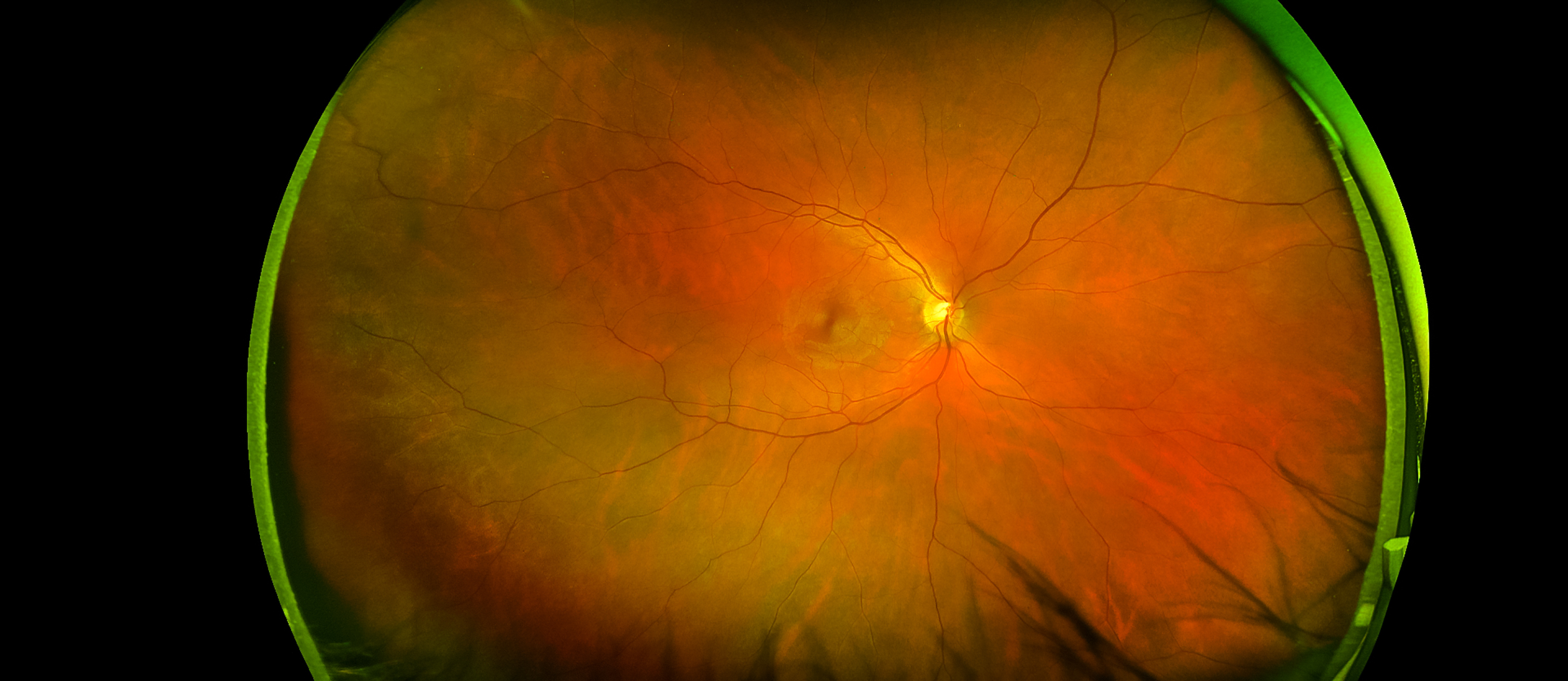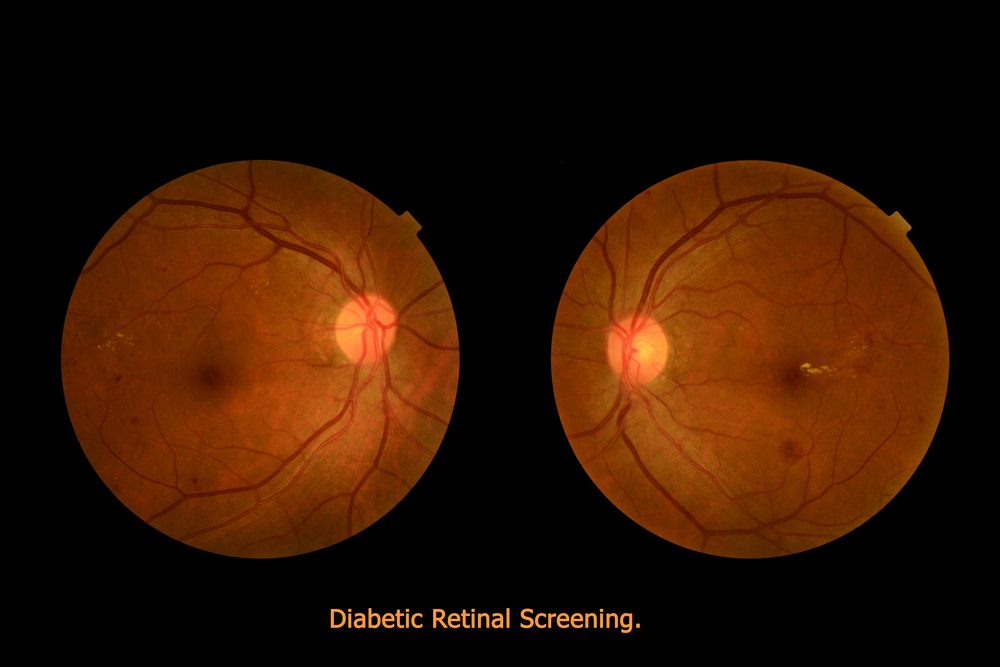
When it comes to maintaining your eye health, regular check-ups and screenings play a crucial role. One such screening method that has revolutionized the field of optometry is retinal imaging testing. This non-invasive procedure allows optometrists to capture detailed images of the retina, providing valuable insights into the overall health of your eyes.
The Importance of Optomap Retinal Imaging
By examining the retina, which is the thin layer of tissue at the back of your eye responsible for capturing light and transmitting visual signals to the brain, optometrists can gain valuable insights into your eye health. Optomap retinal imaging allows for the early detection of various eye conditions even before noticeable symptoms occur. This early detection is crucial as it enables prompt treatment and intervention, potentially preventing irreversible vision loss.
Optomap imaging utilizes ultra-widefield retinal technology to capture a panoramic image of the retina. This technology allows for a more comprehensive view of the retina, including the periphery. Dilating drops are not necessary with Optomap, making the process more convenient for patients. In contrast to conventional retinal imaging, Optomap captures at least 50% more of the retina in a single capture, and with Optomap’s multi-capture function, up to 97% of the retina can be viewed. This gives eye care professionals greater opportunity to monitor the health and condition of patient vision.
Healthy Retina Capture by Retinal Imaging

Diseased Retina Capture by Retinal Imaging

What to expect from Optomap scanning
Optomap is a fast, painless and non-invasive procedure that is suitable for patients of all ages, even children and pregnant women. Many patients require their eyes to be dilated ahead of the scan and will be given eyedrops which will widen their pupils and make it easier for the camera to see the structures inside the eye. Pupil dilation is painless, but patients may feel more sensitive to light both during their Optomap scan and afterwards for up to 24 hours. You may also have slightly blurred vision for a few hours. Once your eyes are dilated, you’ll be sat down and asked to look into a small device that will take the pictures of your retina. A short flash of light will let you know that the image has been taken, and the entire imaging is over in just a few seconds. The results will be sent digitally to your eye doctor who will then evaluate them. The results will also be stored on your personal optical record for future information.
Eye Conditions Detected Through Optomap Retinal Imaging
Optomap retinal imaging testing has proven to be an invaluable tool in the early detection and diagnosis of various eye conditions. Some of the eye conditions that can be detected through retinal imaging include:
Diabetic Retinopathy: Retinal imaging can reveal signs of diabetic retinopathy, a condition that affects the blood vessels in the retina and is a complication of diabetes. Early detection through retinal imaging is crucial for timely intervention and management.
Macular Degeneration: Retinal imaging aids in the identification of age-related macular degeneration, a progressive condition affecting the central part of the retina (macula) and causing vision loss.
Glaucoma: Retinal imaging can assist in the evaluation of the optic nerve and retinal nerve fiber layer, aiding in the diagnosis and monitoring of glaucoma, a condition characterized by damage to the optic nerve often caused by increased intraocular pressure.
Retinal Detachment: Retinal imaging can reveal signs of retinal detachment, a serious condition where the retina pulls away from its normal position, leading to vision loss if not promptly treated.
Hypertensive Retinopathy: Retinal imaging can detect changes in the blood vessels of the retina associated with hypertension, known as hypertensive retinopathy, providing valuable information for managing high blood pressure and its impact on the eyes.
These are just a few examples of the many eye conditions that can be detected and monitored through retinal imaging testing. Early detection through retinal imaging is crucial for preserving vision and maintaining overall eye health.
The Benefits of Optomap Retinal Imaging Testing for Early Detection and Prevention
The benefits of retinal imaging testing extend beyond the early detection of eye conditions. By undergoing regular screenings, individuals can actively participate in the prevention of vision loss and the preservation of their eye health. Retinal imaging testing provides a baseline assessment of your eye health, allowing for the monitoring of any changes over time.
Optomap retinal imaging testing is also a non-invasive procedure that is quick, painless, and requires no downtime. It offers a safe and effective means of evaluating the health of your eyes and ensuring optimal visual function.
Take charge of your eye health and schedule a retinal imaging test today. Your eyes deserve the best care possible to ensure optimal vision and prevent irreversible damage. Contact our office to schedule your Optomap retinal imaging and take the first step towards a lifetime of healthy eyes.



